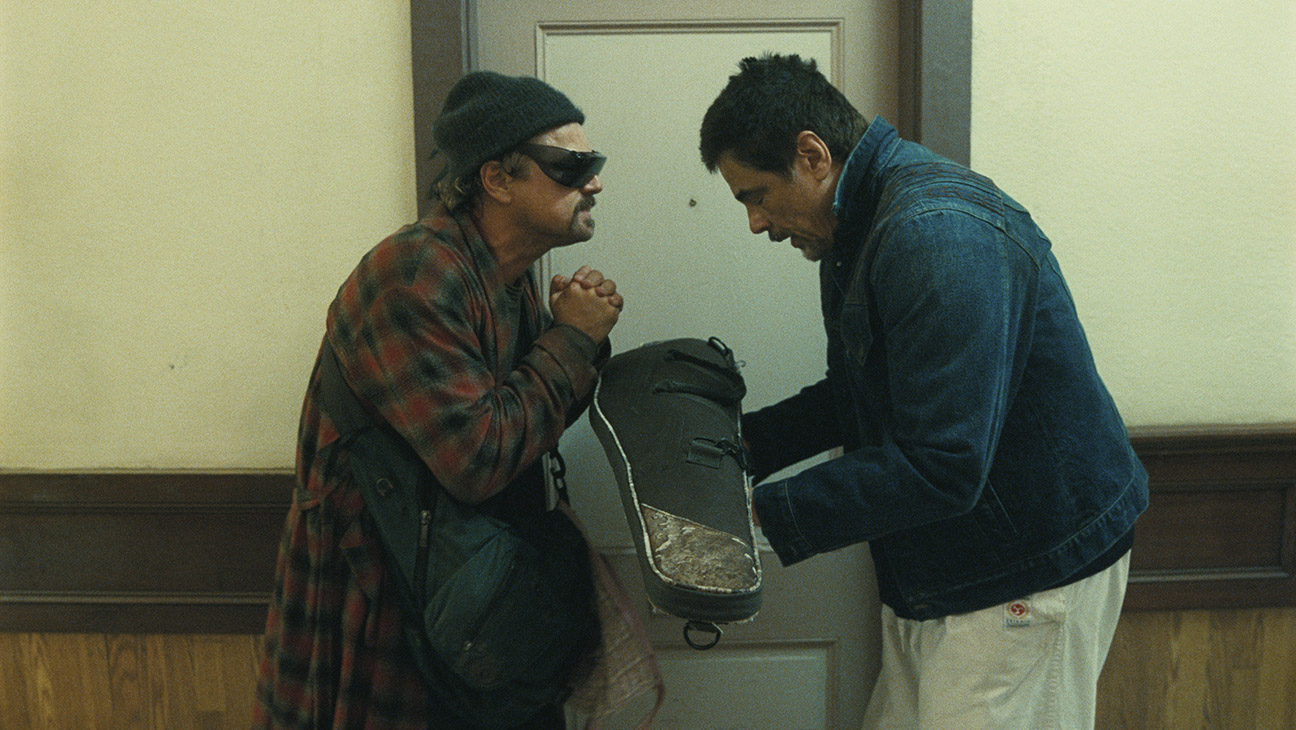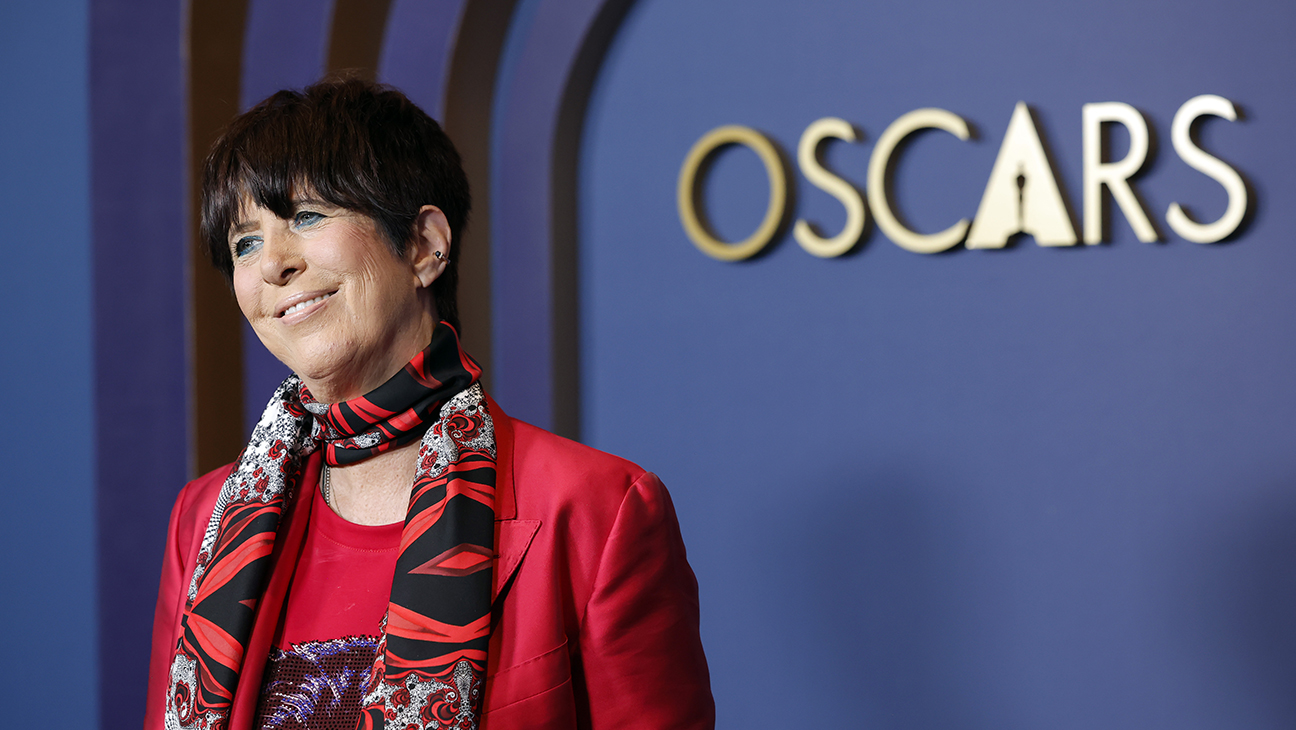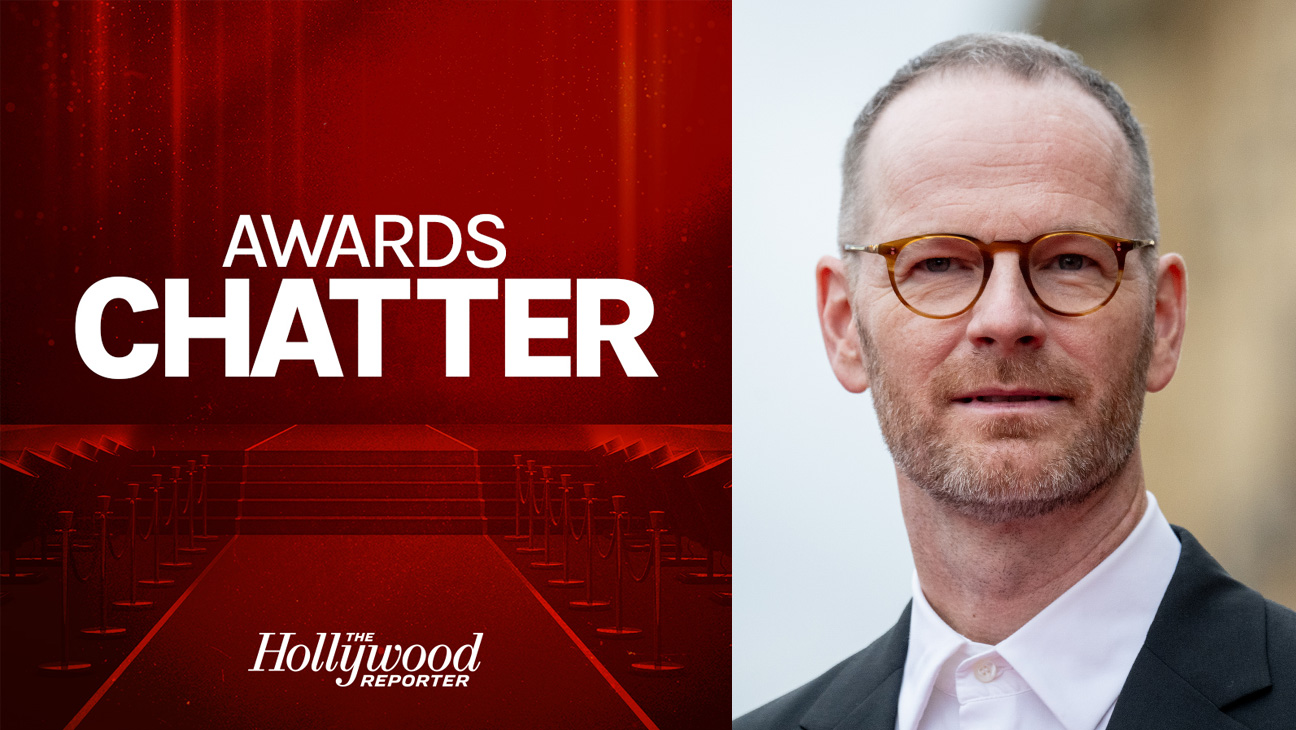At the start of the second act of One Battle After Another, filmmaker Paul Thomas Anderson’s dense action thriller about leftist radicals on the run in California, a villainous military man called Colonel Steven J. Lockjaw (Sean Penn) gets the call he’s been dreaming of: He’s finally landed an admissions meeting with the Christmas Adventurers Club, an invisible group of wealthy white supremacists with untold power in America’s top echelons. Lockjaw’s deepest fear during the intense and not-so-subtly racist and anti-Semitic interview process is that his secret affair a decade-and-a-half-ago with a Black radical feminist named Perfidia Beverly Hills (Teyana Taylor) from the French 75 would be discovered by the all-powerful, all-knowing Christmas Adventurers.
If all of the nouns in the above description seem totally absurd, that’s because they are, as is the notion of a clandestine hate group greeting each other with, “Hail, St. Nick!” But these names, which signal both over-the-top satire and dramatization of extreme politics, are some of the small nods and Easter Eggs that Anderson includes in his script for One Battle After Another, which distill the preoccupations of novelist Thomas Pynchon. One of the 20th century’s most lauded authors, who may also be the least read and most misunderstood of the great American writers, Pynchon’s unifying themes are brought to bear on today’s political theater and tested against a unique family and intergenerational dilemma in Anderson’s action-thriller.
Pynchon references were certainly not part of One Battle After Another’s marketing pitch. But from the film’s broad themes and the tiny nuances of the script (Leonardo DiCaprio’s stoner revolutionary shares the nickname “Rocketman” with Tyrone Slothrop, the hapless hero of Pynchon’s Gravity’s Rainbow), it’s all there and it’s undeniable. There’s a lead character’s creeping paranoia, a plot driven by nefarious and clandestine powers that be, the encroachment of the past on the present. All are the hallmarks of the author’s books, from early works V. and The Crying of Lot 49 through his magnum opus, Gravity’s Rainbow, and up to his comeback gumshoe thrillers Inherent Vice and Bleeding Edge.
Blink and you’ll miss it, but in the film’s credits is the fact that One Battle After Another is a loose adaptation of — “inspired by” — Pynchon’s Vineland. That1990 novel — not exactly beloved or considered essential Pynchon, but still a rich, wonderful and sometimes weird book— is a father-daughter story with flashbacks and a winding narrative that’s steeped in the ideas of where exactly the politics of the 1960s had landed by Reagan’s 1980s. And, for the author who was deemed so impenetrably “unreadable” by the Pulitzer Advisory Board that no literature prize was handed out in 1973 when Gravity’s Rainbow was unanimously voted the winner, Vineland is an accessible, breezy book. And light, at just 385 pages. It also utilizes some of the classic Pynchonian themes of paranoia, radical counterculture politics, generational trauma, the signature uneasy mix of comedy and menace, and the question of how individuals survive within sprawling and oppressive systems.
One Battle After Another marks Anderson’s second Pynchon adaptation after 2014’s Inherent Vice. That film goes to great lengths to stick to the book’s winding and intricate plot. Kudos to Anderson for that, but audiences were left a little puzzled — fair enough for a film where the off-screen narrator has to psychically connect with Joaquin Phoenix’s stoned protagonist to move the plot along. With his second swing adapting Pynchon, the writer-director managed to take many of the aforementioned ideas and themes that permeate the author’s oeuvre and transplant them into struggles unfolding in a version of our present day.
“Realistically, for me, Vineland was going to be hard to adapt,” Anderson noted in a recent conversation with Steven Spielberg after a screening around the film’s release. “Instead, I stole the parts that really resonated with me and started putting all these ideas together. With [Pynchon’s] blessing.”
One of the signature devices that he stole for One Battle’s script and germane to Pynchon’s work, like The Crying of Lot 49, Gravity’s Rainbow, and Vineland, is the suggestion that unseen forces—government agencies, elite cabals, powerful corporations — are pulling the strings in America and have been doing so across history. One Battle After Another leans fully into this. As in Pynchon’s text, the rich white men with the racist secret society in Anderson’s film are hiding in plain sight and cloaked with absurdity.
Anderson even manages to include the overwhelmingness of Pynchon’s writing — that stylistic flourish the Pulitzer folks didn’t much care for — in a manner that’s both effective and, when you see what he’s doing, pretty funny. Conversations among the Christmas Adventurers suggest they have a major role in the world, as their operations seem to have shaped history.
The sense that there is much more than we will ever know — about the mechanics of large societal systems, the reasons for history happening as it did (on paper, at least) and who is actually behind the curtain is reflected in the film. Whether or not the film is set in a dystopian version of America is suggested, but never made clear; for example, for dismantling the radical French 75, Penn’s Lockjaw is seen receiving the not-real Bedford Forrest Medal of Honor, named for the Confederate States Civil War General who became the first Grand Wizard of the Ku Klux Klan. Characters whose physical appearance alone begs explanation or demand context appear but are ephemeral, shot dead by a bounty hunter or their monologue is interrupted by a bank heist’s fatal error; Or in the case of Perfidia Beverly Hills, they vanish completely, as so many Pynchon characters do.
Anderson’s synthesis of all of these themes, motifs, and silly gags into One Battle After Another, which saw Anderson’s biggest movie opening ever last month, shows how Pynchon’s ideas have not only aged well but are more visible and relevant. In an era of polarization, mass surveillance, and authoritarian drift, Pynchon’s worst fears no longer seem all that fantastical. And Anderson’s film isn’t merely “inspired” by Vineland — he manages to refract it through a contemporary lens and retain Pynchon’s sense of absurdity, regret, and humor, while keeping his idealism intact.





